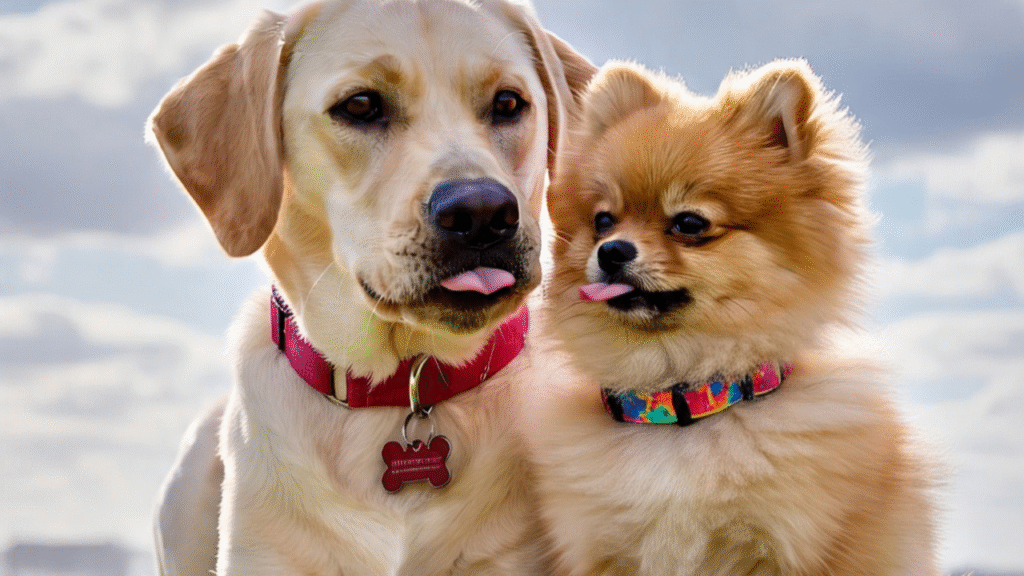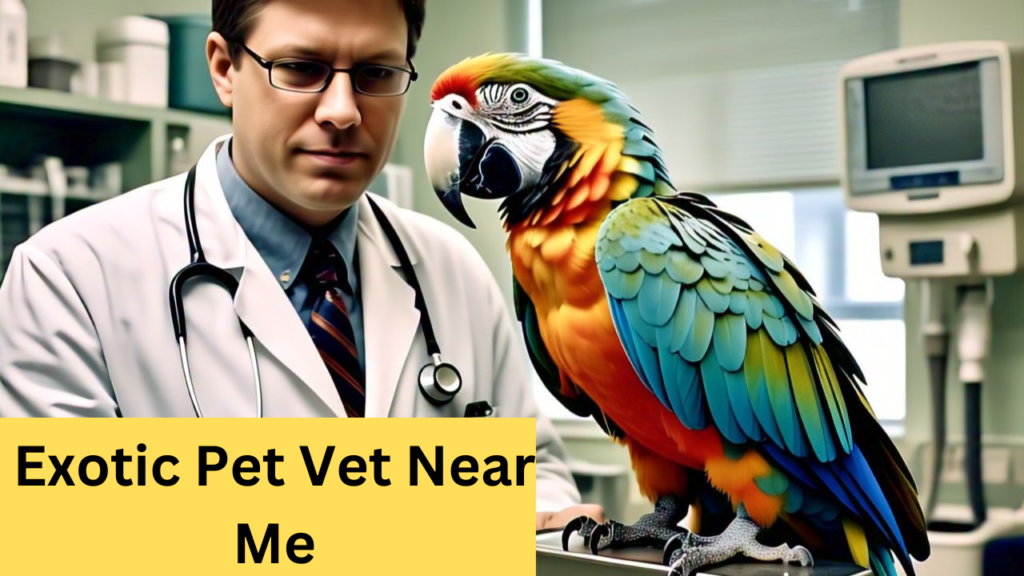Introduction
Do you have a question in your head, “Why Do Dogs Lick Their Paws? ” This isn’t all of your fault. This behavior isn’t unusual, but it could cause pet owners to be in a state of confusion or even fearful. Though it appears harmless at first but excessive licking of the paws may indicate more serious problems which can range between physical discomfort and emotional anxiety. Knowing the reasons of this behaviour is essential in order to protect your pet’s well being and overall well being. In this piece, we’ll look at eight primary reasons why dogs have a tendency to rub their feet. We’ll also discuss what this might be to your dog. When you’re done reading this article, you’ll be more informed and be able to respond if required.
Allergies and Irritants: The Most Common Culprit
Environmental Allergies
One of the common answers to the question “why do dogs lick their paws” is the subject of allergic reactions to the environment. Similar to humans, canines are susceptible to pollen dust, mold and even grass. Allergens can be placed on the paws pets when they are out outdoors which can result in irritation of the skin. To alleviate itching, dogs start to lick their paws constantly. It’s possible to see increasing frequency of licking at certain times of the year for instance, in the fall and spring and is in accordance with the typical triggers for allergies. In time and the constant licking can lead to the creation of sores or loss of hair and could cause the condition to become more severe.
Food Sensitivities
Another reason that is related to allergies of the reason that dog paws and licks is a food allergy. Some dogs suffer from allergies or intolerances to certain foods are consumed, like poultry, meat dairy, grains or even meat. Allergies can lead to irritation to the skin and cause irritation to certain locations, specifically those on the feet. It may take days or more for the signs to show up after the introduction of an entirely new diet. There is a chance that you aren’t aware that the dog’s food may be the cause at first. A routine of eating food and licking can be a sign of sensitivity.

Parasites and Infections: Tiny Threats, Big Problems
Fleas and Mites
Infestations with fleas and mites are the dogs to suffer from a nightmare. They also provide the answer to the reason dogs are known to frequently rub their feet. These tiny bugs can cause irritation as well as scratching the skin, particularly between paws as well as in the area around the legs. While you might not notice them, your pet might still suffer from. Certain breeds are resistant to flea saliva which can cause intense itching even in the tiniest bit. Mites, like the ones responsible for mange are trapped in the skin and trigger extreme itching and loss of hair. Dogs will often chew, bite or gnaw their paws the utmost passion to alleviate the discomfort.
Fungal or Bacterial Infections
An additional, less apparent but alarming causes of paw licks could be fungal or bacterial infection. The feet of your pet provides a great setting that encourages the growth of microbes that are harmful to humans. As time passes, chewing and licking could exacerbate the condition, leading to an endless cycle of pain and a need to rub. There is a possibility to detect a unpleasant gas, irritation, or discharge out of the affected foot. It is typical for these signs to suggest an illness that needs medical treatment. Creams that treat fungal infections, shampoos, or antibiotics which contain medicinal ingredients will solve the issue. If you do not take care and do not treat it, it could lead to persistent issues.
Behavioral Reasons: When Boredom Bites
Boredom and Lack of Stimulation
There are times when the reasons dogs do the best they can to treat their feet isn’t physically, it’s more emotional. Animals, particularly highly intelligent breeds, require continuous mental and physical stimuli. If they’re unsupervised throughout the day, or aren’t given enough time to play they could be susceptible to compulsive behaviors like a regular licking of their paws. This is their way of coping to boredom or stress. With time and the behavior becomes repetitive, it may become a habit that’s difficult to break. If you believe that boredness could be a problem Try increasing the length of your walk and offering activities for kids as well as engaging in more fun activities.
Anxiety and Stress
Dogs experience anxiety the same manner as we do are, and paw licking could help to soothe dogs. Fear of being separated or loud sounds like fireworks, or changes in the environment can trigger the excessive amount of licking. In the reason dogs do this, their stress of their emotions should never be brushed aside. Dogs will typically become withdrawn and then begin to lick their toes for relaxation. In the event that your dog has been performing this in stressful conditions it’s likely to be emotionally charged. The options include training for behaviour as well as calming pheromones, or the use of an wearable anxiety vest.
Pain and Discomfort: The Silent Communicator
Arthritis and Joint Pain
Dogs who are elderly or suffering from joint pain can use their paws to rub when they feel pressure. Sometimes, the reason the dogs are prone to rub their paws be related to arthritis or persistent joint discomfort. It is common for paw licking to occur in conjunction when there is stiffness, a limp or difficulty standing up. It is a natural reaction to licking areas that hurt is the expression of their relief. If you notice that your dog has been doing the same thing with the same the paw repeatedly or displays other signs of discomfort or age, you should seek help from your vet.
Hidden Injuries
The reason dogs get their feet licking can be as simple as bites or cuts from insects. They travel around with their feet and they’re prone to suffer tiny injuries unaware of. Licking helps to clean the area and ease the pain. But, overly frequent bleeding from licks can cause delays in healing or cause swelling. Make sure you examine the feet for signs of intense bleeding. Examine the area between your toes, as also under the pads. If you notice a noticeable swelling, or your dog does not desire to see a vet, go to the veterinarian to see whether there’s anything more urgent.

Skin Conditions and Dermatitis: A Growing Concern
Canine Dermatitis
Canine dermatology is a umbrella word that covers a variety of skin conditions that cause inflammation which is one of the most common reasons for canines to be inclined to rub their feet. This could be caused by any allergies, hygiene issues or using harmful cleansers. This is the source of severe itching, irritation, especially in sensitive areas like the area that surround the feet. The pet reacts to the irritation by repeatedly licking on the area continuously. Itching, swelling and bleeding may occur. A vet may recommend prescription based baths, shampoos which specifically designed for this purpose for dermatitis, and possibly diet adjustments to treat and manage the condition effectively.
Yeast Overgrowth
The yeast infections are very pervasive and may cause continuous licking of feet. When yeast is growing excessively in the damp areas between dogs’ toes, the area can become uncomfortable and itchy. There is another reason why dogs enjoy spending their time with their paws and lick them. Overgrowth of yeast generally results in a strong, musty smell and discoloration of the feet. This isn’t always easy to identify at first. it can get worse if it isn’t treated. Treatments that treat the problem and adjustments to hygiene habits can aid in decreasing the extent and halting the the biting.
Also read: https://tailgrooming.com/pet-scan-cost/
Conclusion
Why Do Dogs Lick Their Paws? The cause can be due to physical ailments along with emotional causes and even triggers from the environment. While occasionally licking can be normal but excessive behaviour should not be ignored. Understanding the cause of the issue could be the first step to making your pet be more comfortable. Take note of any change in behavior and look for physical signs or symptoms, and consult to your vet if you feel it is necessary. If you offer your dog the right amount of treatment and regularly check ups, the dog you love is sure to live a peaceful, well-balanced and healthy life.




